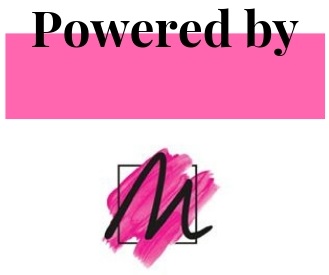Texting etiquette is fairly simple to learn: don’t send paragraphs when you can send a sentence, emoji are like spices – use them sparingly – and never, under any circumstance, end a message with a full stop.
Like responding to a text message with “k” ; Ending a message with a full stop, unless deliberately signaling anger, is a HUGE mistake. One of the reasons is because it is often associated with anger and looks like the written equivalent of walking out on a conversation.
Lauren Collister, a scholarly communications librarian at the University of Pittsburgh writing for The Conversation, has suggested another reason you shouldn’t use a full stop – it comes across as insincere.
Apparently it’s down to something called ‘situational code-switching’, noted by linguist
John J. Gumperz.Gumperz asserts that humans change the way they talk depending on the situation: for example, you wouldn’t talk to your manager the same way you talk to your best friend, right?
Given the frequency and informal nature of texting, a full stop comes across as formal and out of context.
When using [a period] in a text message, it’s perceived as overly formal. So when you end your text with a period, it can come across as insincere or awkward, just like using formal spoken language when asking for toilet paper.








